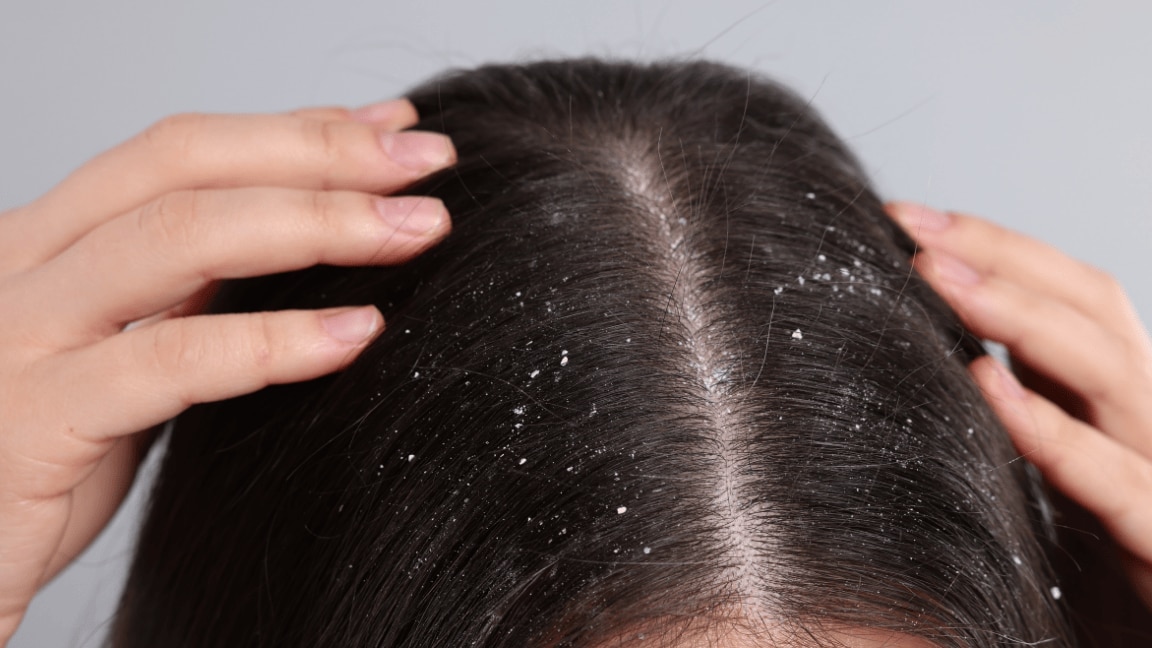Dandruff isn't exactly glamorous—maybe that's why people often avoid talking about it. Dealing with an itchy scalp or seeing those pesky white flakes on your favourite clothes can be annoying. Dandruff can stem from various causes like dry skin, sensitivity to hair products, or an overgrowth of yeast-like fungus. While many products promise relief, turning to natural home remedies for dandruff can be a gentle and effective way to keep your scalp healthy. If you're wondering how to remove dandruff at home, there are plenty of simple remedies but do they work? And which remedies are worth trying? Let's delve into it.
Natural Argan Oil & Lavender Sulfate Free Anti-Frizz Shampoo - 400ml
₹658
₹658
SHOP NOW





